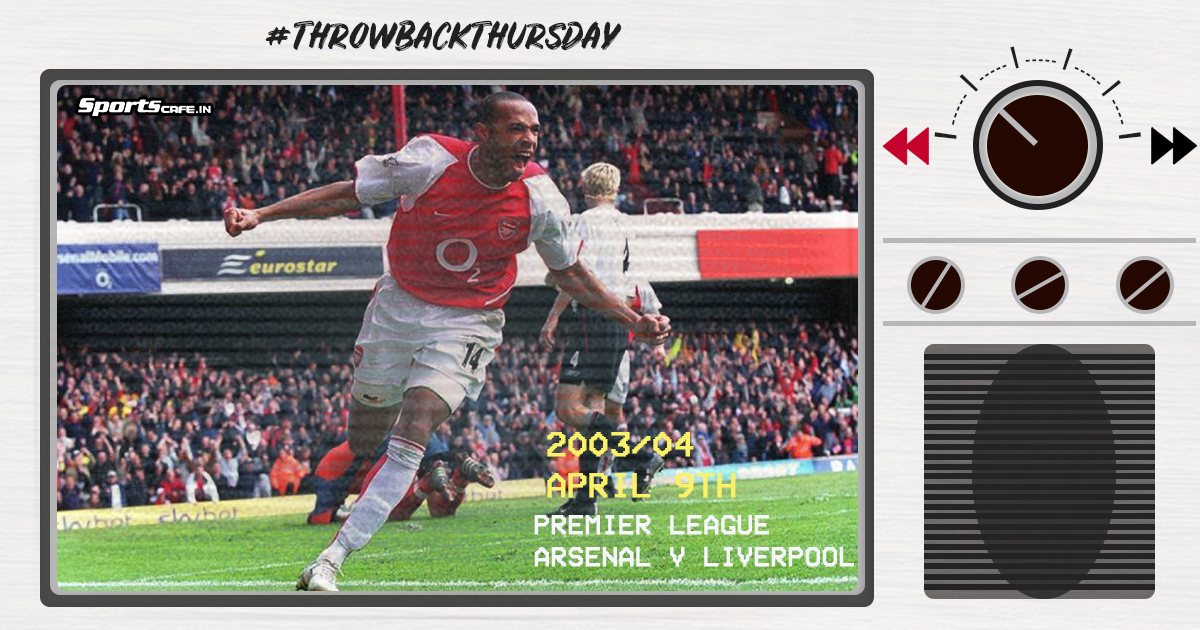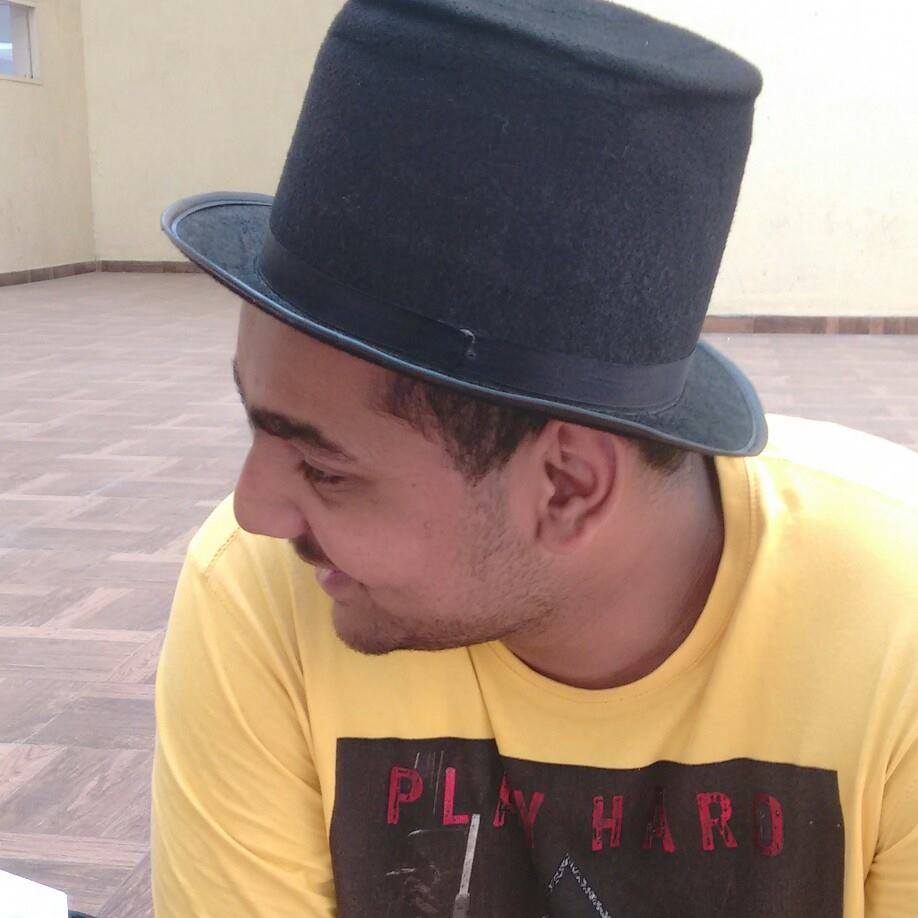Throwback Thursday | Arjen Robben’s penalty miss seals Borussia Dortmund and Jurgen Klopp’s legacies

Throwback Thursday - November 5th edition
|Sportscafe
Moments transcends everything in sport and nothing defines that more than football, especially the bad ones. Welcome to 'Throwback Thursday', where we take a look at a moment in time, and this week, we look at an infamous miss that transformed Borussia Dortmund and made the Der Klassiker what it is.
It’s the 11th April 2012 and we’re into the 84th, and change, minute of what has already been touted as a game-changing Der Klassiker between Borussia Dortmund and Bayern Munich. The Signal Iduna Park is packed to the rafters and almost every single voice coming out of the 80,000 plus human beings are jeering at the field. Boos, abuses in various languages ranging from German to English and a few other choice words are all being thrown at the field and the atmosphere is tense.
The scoreboard reads Borussia Dortmund 1 FC Bayern Munich 0 and as the camera pans to the field, you see the Dortmund players all huddled around their box. One lone man in red stands inside the Dortmund “d” alongside the referee and goalkeeper Roman Weidenfeller. The man in red has a golden number 10 that sticks out on his back and you immediately know that it’s Arjen Robben. The referee continues to bark orders at the men in yellow standing outside the box and even to the four in red.
They know what’s happening and now so do we. Arjen Robben stands over a penalty in the 84th minute of a game that is poised to create a new era for Borussia Dortmund and for their manager Jurgen Klopp. Because a win tonight would essentially send Dortmund six points clear at the top with four games left in the season. This could finally be their year to do something utterly majestic and become the first club not named Bayern to win two consecutive Bundesliga titles in sixteen years since Dortmund themselves did it.
It’s why the 80,000 plus at the Signal Iduna Park are shouting, screaming, abusing, booing and yelling their hearts out at the man who has already caused them quite a few problems in this game. They’re also cheering and giving Roman Weidenfeller a boost, not that he needs it, as the referee walks away and gestures towards the Dortmund players near the advertising boards, who watch on in anticipation.
Time has now slowed down as the sound of the whistle flies through the air but before we dive into the climax and reach the end, let’s roll it back and figure out how we got here in the first place. Because as luck would have it, this was exactly where everyone involved was supposed to be and that included Borussia Dortmund. BVB walked into the season as the staunch favourites to win the 2011/12 Bundesliga title especially after the way Jurgen Klopp’s men swept to the 2010/11 title.
They lost five games all season, one home and four away, winning 23 of their Bundesliga games as they out-did both Bayer Leverkusen and Bayern Munich to the title. The Bavarians finished ten points behind their Der Klassiker rivals in the end, a fact that cost Louis van Gaal his job, but that’s a story for a little later. For now, Dortmund walked into the season as the overwhelming favourites and despite a slight brain fart at the start of the season, Klopp’s men were in the right place.
They sat in first place, ahead of the Der Klassiker, with three points separating them and Bayern Munich. Revierderby rivals Schalke 04 were nine points behind Dortmund and six behind Bayern but still in with a shout. Hopeful fans of Borussia Monchengladbach also believed they were in with an outside shout although with sixteen points separating them and first place, they would need a miracle even with five games left.
It meant that the end of the 2011/12 Bundesliga season was one to watch and it was thanks, partly, because of everything that Bayern Munich had done. After a year of utter mediocrity in the 2010/11 season, the Bavarians sacked Van Gaal in April of 2011 and replaced him with Jupp Heynckes at the start of the 2011/12 season with the German returning for a second spell at the club.
His first saw him manage five games in the space of just under 65 days and a lot was expected this time around. Not just because he was backed in the transfer market with moves for Manuel Neuer, Jerome Boateng and Rafinha but because of the team he had at his disposal. Because despite a mediocre season under Van Gaal, this was still a Bayern team packed with Thomas Muller, Arjen Robben, Franck Ribery, Mario Gomez, Bastian Schweinsteiger and company.
Somehow Heynckes brought them under his spell as the Bavarians entered 2012 as the Herbstmeisterschaft with three points separating them and Dortmund. But two draws and two losses in their first seven games in the new year and suddenly the tide had turned in Klopp and Dortmund’s favour. And the Signal Iduna Park side needed it because they lost key men in the summer of 2011 with Nuri Sahin leaving for Real Madrid, Tamas Hajnal leaving for Stuttgart and Dede leaving on a free.

 © Getty
© GettyThat forced Klopp to sign reinforcements but all he got was Ilkay Gundogan and Ivan Perisic although both men would turn out just fine. The German boss was also helped by the fact that Robert Lewandowski found his footing alongside Shinji Kagawa, with the duo thriving in more prominent roles. That kept BVB in the race, especially after a 4-4 draw against Stuttgart broke many a heart although by that point of the season, 28 games in, Dortmund were on a 22 game unbeaten run.
Stuttgart failed to stop them, Wolfsburg couldn’t manage it either, which left it all for Bayern and Jupp Heynckes, who had to face a team filled with confidence and it showed. That is despite them not having Mario Gotze, who scored the only goal in the reverse fixture, but it didn’t seem to matter. Bayern did indeed dominate the ball, possession and even the passing stats but all that had Franz Beckenbauer irritated and pissed off with his former side because they struggled to break down Dortmund.
Not that they didn’t have chances, as Mario Gomez fired a header at Weidenfeller, but it was because Dortmund had the better ones. Including one from Kevin Grosskreutz, who forced a sensational save from Neuer before Lewandowski stung the German’s palms with a volley from close range. Things kept getting worse for Bayern as Kagawa latched onto a pass from Lewandowski, drove at the rapidly retreating defense before he scuffed his shot.
The Japanese playmaker should have passed to a screaming Lewandowski but his eyes lit up and it was the shot Kagawa took. Bayern’s best chance, though, after Gomez’s header, came from Toni Kroos as he thundered a shot past the Dortmund goal and not even the German midfielder seemed at his best. But the best chance of the half, possibly the one that should have been scored, fell for Lewandowski.
Blaszczykowski caressed a cross into the mixer from out wide, the Pole rose the highest and rattled Bayern’s left-post with a towering header just before half-time. It had Jupp Heynckes and his team on the edge because they were truly struggling to get into the game. Things changed after that as Dortmund eased off the pedal and Bastian Schweinsteiger’s arrival in the second half titled the weighing scale towards Bayern.
The midfield maestro added more control to what was a shackled, hurried and hassled Die Roten midfield and it changed the game. It freed up more space for both Robben and Ribery, with them now causing more problems down the flank for the hosts. The pressure, however, from Bayern never let up in the opening twenty minutes, although Klopp’s men managed to survive the onslaught with the game heading towards another mindless draw, until Dortmund scored.
It came against the run of play as the hosts won a corner and caught Bayern out as David Alaba flew to intercept a cross with a diving header. The corner was played short to Marcel Schmelzer, who dinked a first time cross into the mixer for someone to do something with. But it was half-cleared away and landed on the edge of the box for Großkreutz, who had a first time hit at the ball and it was a nothing hit.
The ball flew down the channel, through the middle and should have nestled into Neuer’s hands but Lewandowski had other ideas. Instead, the Pole, standing right in front of the German, pulled off an audacious back-heel to guide it into the net instead despite screams for offside. Replays showed that the Dortmund man was in the clear and out of nowhere the hosts had a, well deserved, lead which stunned Bayern.
They simply had no answer to being outran, out-thought and outplayed by their hosts in what was a clear display of the changing of the German tide. But the game was far from over with thirteen minutes left before Manuel Neuer effortlessly collected a Dortmund clearance and passed it to a defender. Four passes later and Franck Ribery had Robben running against Weidenfeller and the German brought the Dutchman down.
Boos erupted around the Signal Iduna Park, Weidenfeller shook his finger saying no penalty but the referee paid no attention and pointed to the spot. Robben picked up the ball and placed it down at the little dot that now seemed huge as the boos and chants continued. The combined might of 80,000 plus at the Signal Iduna Park rained down upon the Dutch winger and the referee as he marshalled the players about.
He takes his own cool time, allows Robben the time to settle in and have a staring match with either the ball or Weidenfeller, whichever he picked, as the voices continued. There seemed to be no let up as the man in black gestured towards the Dortmund players near the advertising board before finally taking his place. Only then, after what seems like a decade but has been under five seconds, he turns towards Robben and blows his whistle.
Welcome to a moment in history
